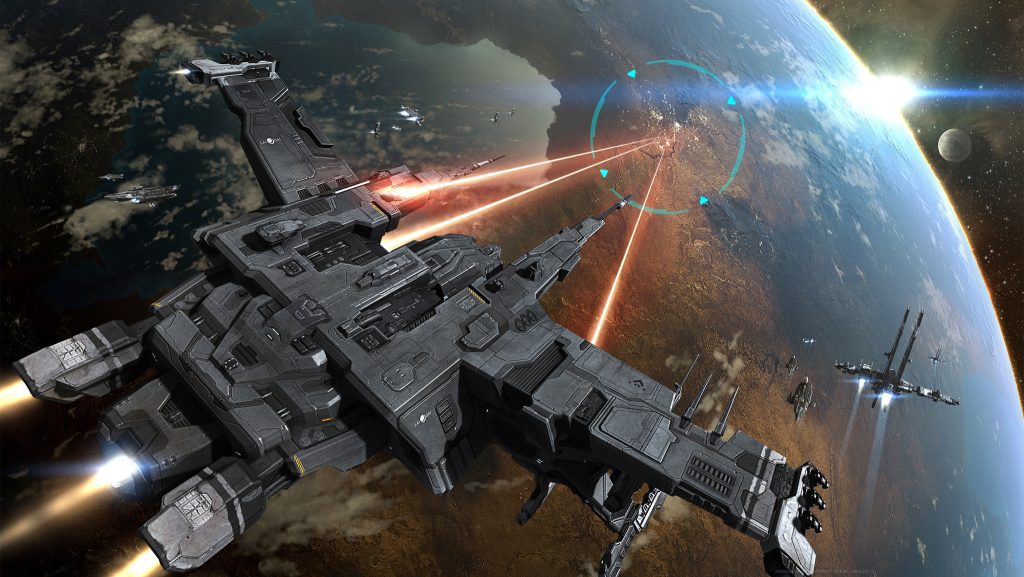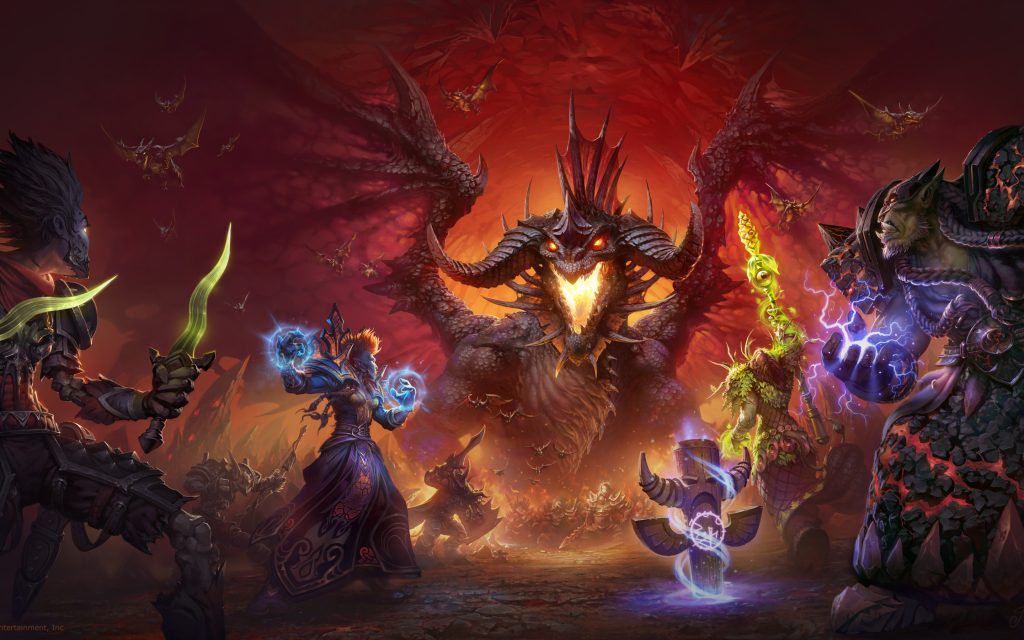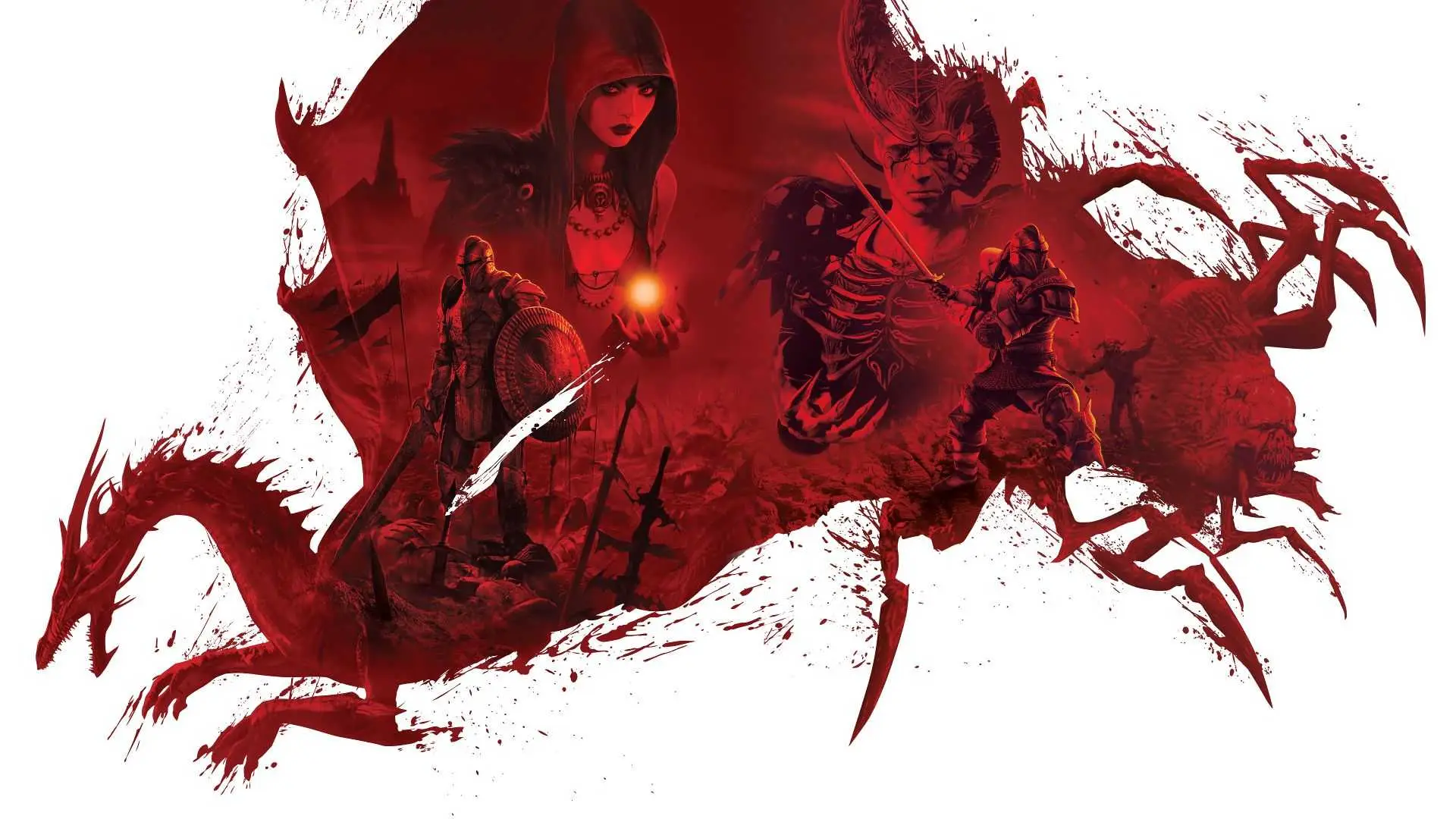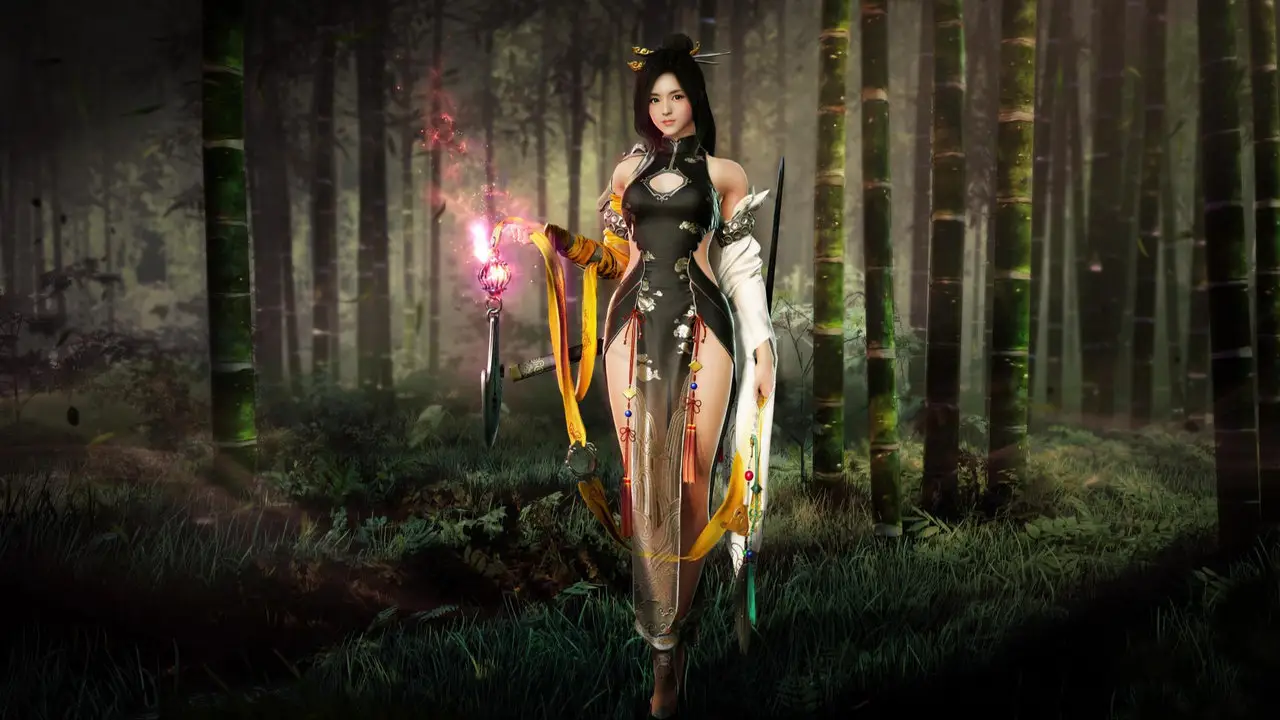MMORPGs have long ceased to be a niche hobby. The genre has formed a full-fledged culture with its own economy, politics, mythology, and social hierarchy. In a competitive and constantly evolving landscape, maintaining interest requires not just content, but also depth of mechanics, visual appeal, gameplay variety, and a vibrant world. The most popular MMORPGs combine all these qualities, becoming platforms for developing skills, strategies, and collective experiences. To choose a project that truly deserves your time and attention, it’s crucial to understand why some games become icons while others fade away without a trace.

The Elder Scrolls Online: One of the Most Popular MMORPG Games
The world of Tamriel reveals a depth that rivals the offline games of the series. The setting creates a space for exploration, where each zone offers a unique culture, visual style, architecture, and quest lines. The starting zone does not limit movement, and almost the entire world is open from the very beginning, allowing players to create their own route regardless of their level. This creates a sense of true exploration rather than a predetermined scenario.
Flexible leveling and specialization
Each weapon, class, and ability evolves as it is used. A warrior with a staff can easily transform into a tank, while a mage who invests points in agility gains access to the stealthy assassin style. The system allows for a personalized build that suits your hunting, support, or dueling style. At the same time, the structure does not overload you with unnecessary parameters, emphasizing intuitive development through practice.
Cooperative and social activities
Cooperative PvE includes large-scale battles, dungeons, world bosses, sieges of fortresses in PvP zones, and quests that are comparable in scale to story arcs. Events typically involve tactical cooperation, with one player controlling enemies, another healing, and a third dealing damage. Roles are not fixed permanently, and re-skilling remains available, setting the game apart from other genre representatives.
EVE Online: Economics, Wars, and Politics in Outer Space
 Among all projects of the genre, EVE Online offers not a game, but a whole simulation of a civilization. A fully open galaxy with thousands of star systems, a player-controlled economy, and inter-alliance conflicts all turn a session into a real strategic campaign.
Among all projects of the genre, EVE Online offers not a game, but a whole simulation of a civilization. A fully open galaxy with thousands of star systems, a player-controlled economy, and inter-alliance conflicts all turn a session into a real strategic campaign.
Financial and political mechanics
Every ship, module, and structure is the product of other players’ labor. The in-game exchange operates according to market principles, with supply and demand and speculation. The transportation of valuable cargo requires escorts, and resource extraction is often accompanied by rival sabotage. Flotillas are organized by dozens of participants, and a single careless move can cost millions of ISK. The project does not impose roles. One player becomes an industrialist, another a scout, and a third a mercenary. The style of play depends on the ship model and the tasks chosen by the user. This allows you to go beyond the standard archetypes of a warrior or a mage.
Allods Online: The Most Popular Russian MMORPG Game
Allods Online maintains its position among the most vibrant MMORPGs due to its localized style, recognizable fantasy world, and well-thought-out ship combat mechanics. It combines the mechanics of classic leveling with unusual elements such as flying between islands.
Combat mechanics and leveling
The classic combat system has undergone several adaptations: dodging attacks, class resources, and combo attacks. Progression is based on a chain of story and side quests, but participation in group content plays a crucial role. The astral travel system requires teamwork, with each player responsible for a specific role on board the ship.
Features of the economy and development
Allods Online offers a unique form of monetization through a system of crystals and exchange with other users. This creates a live trading system where in-game actions directly affect the possibility of development. Items are improved, strengthened, and turned into crafting resources, making the economy a separate element of gameplay.
World of Warcraft: Classic – Back to the Roots
The Classic version offers an original experience from the early 2000s, where every achievement takes time, and teamwork is an integral part of progress. Players don’t get everything at once; they have to plan, strategize, and discipline their way through each level, dungeon, and item.
Hardcore and social structure
Every journey through Azeroth is a real challenge. Dying in a dungeon means a long way back, without auto-resurrection. Communicating with others is a necessity, not an option. Raids are organized by hand, with clans forming schedules, assigning roles, and negotiating loot. This fosters unity and strategic thinking.
Game rhythm and atmosphere
The absence of accelerated leveling, auto-quests, and directional arrows makes the game slow but immersive. The landscapes are detailed, the storylines are organized into a coherent drama, and the music provides an emotional backdrop. This makes WoW Classic a worthy addition to the list of the most popular MMORPGs.
World of Warcraft (Retail): The Modern Form of Fantasy MMO
The current version of World of Warcraft has transformed into a user-friendly, content-rich project that focuses on accessibility and diversity. The game retains its core pillars of large-scale storytelling, class diversity, and multi-layered content, but presents them in a more dynamic and visually appealing format.
Dynamic leveling and a large-scale endgame
Character leveling is not limited to strict routes. Any zone scales with the level, and new expansions unlock content regardless of progress. Once the maximum level is reached, the focus shifts to dungeons, raids, PvP arenas, and farming for mounts and collectibles. Each expansion brings new factions, quests, and progression systems.
Class diversity and adaptation
There are more than ten classes in the game, each with several specializations. The balance allows you to use different builds in PvP, PvE, solo play, or co-op. Specializations not only affect damage or defense, but also the playstyle: some are focused on burst attacks, while others are designed to gradually drain the enemy or support the team.

The most popular MMORPGs are waiting for you!
 They have one thing in common: adaptation. Projects continue to develop, retain their audience, and attract newcomers at the same time. Some focus on the storyline, while others prioritize mechanics or scale. All of them create a world where the gamer decides who they want to be: a merchant, an explorer, a warrior, a guild leader, or a mercenary.
They have one thing in common: adaptation. Projects continue to develop, retain their audience, and attract newcomers at the same time. Some focus on the storyline, while others prioritize mechanics or scale. All of them create a world where the gamer decides who they want to be: a merchant, an explorer, a warrior, a guild leader, or a mercenary.
In 2025, the relevance of MMORPGs is determined not only by the number of players, but also by the level of engagement, the flexibility of the system, and the respect for the user’s time. Each of the presented projects deserves attention because it offers a unique approach and reveals new facets of the genre.
 en
en  ru
ru  de
de  ar
ar  es
es  hi
hi  fr
fr  nl
nl  it
it  pt
pt  el
el 









